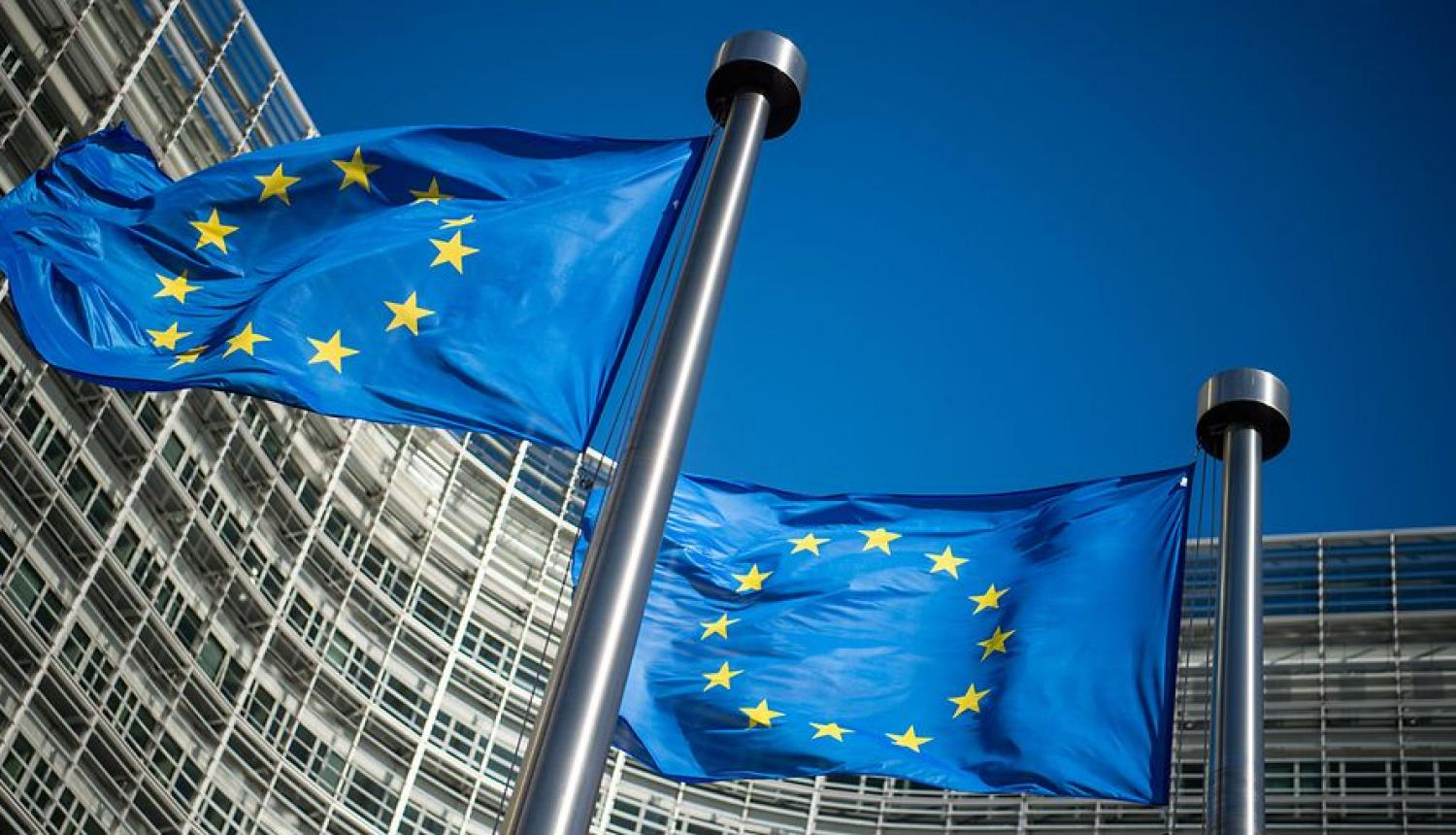On Monday, 17 May, a remote meeting of the Schengen Forum was held, in which the European Union (EU) member states debated how to promote common security and mobility in the Schengen area.
Considering that the situation has changed since Schengen was established - instability in Europe's neighbourhood, the consequences of the exceptional circumstances of the 2015 refugee crisis, the Covid-19 crisis and the threat of terrorism - several Member States have, due to these problems, re-established border controls at internal borders on several occasions. It should be stressed that the re-introduction of border control has a significant negative impact on citizens' lives and economies. This harms the Single Market and the smooth functioning of supply chains, as well as our free travel and resettlement opportunities.
Consequently, last year the European Commission (EC) announced its plans to present a new future Schengen strategy in 2021. The first meeting of the Schengen Forum was organised on 30 November 2020 to fully prepare it. Meanwhile, on 17 May, the second meeting of the Schengen Forum was organised in the light of the continued work on the Schengen strategy. At this meeting, the EC gave its members an overview of the progress already made in drawing up the Strategy and discussed the main principle of the success of the Schengen area.
The participants agreed that the Schengen area without internal borders is one of the greatest achievements of European integration, so every effort should be made to preserve it. The management of the EU's external borders needs to be strengthened, information sharing between the competent authorities should be promoted, mutual trust between countries should be restored, and the opportunities and potential of new technologies should be exploited, so that the re-establishment of internal border controls remains in the future only as an emergency.
Member States also shared the experience of overcoming the effects of the Covid-19 crisis and the measures deemed essential to restore free movement while ensuring a high level of epidemiological security for citizens.
As is known, Schengen covers 22 EU Member States (with the exception of Bulgaria, Romania, Ireland and Croatia) and four countries associated with growth (Switzerland, Norway, Iceland and Liechtenstein) and is considered to be an integral part of Europe's lifestyle, allowing to implement four freedoms - the free movement of the market, goods, persons, capital and services -, and promoting the Single and operational and efficient of the EU economy.
Prepared by:
Gunita Kogane
Ministry of Interior
Communication department
Public relations specialist
Tel.: 67219161
Mob.: 28699783
E-mail: gunita.kogane@iem.gov.lv



